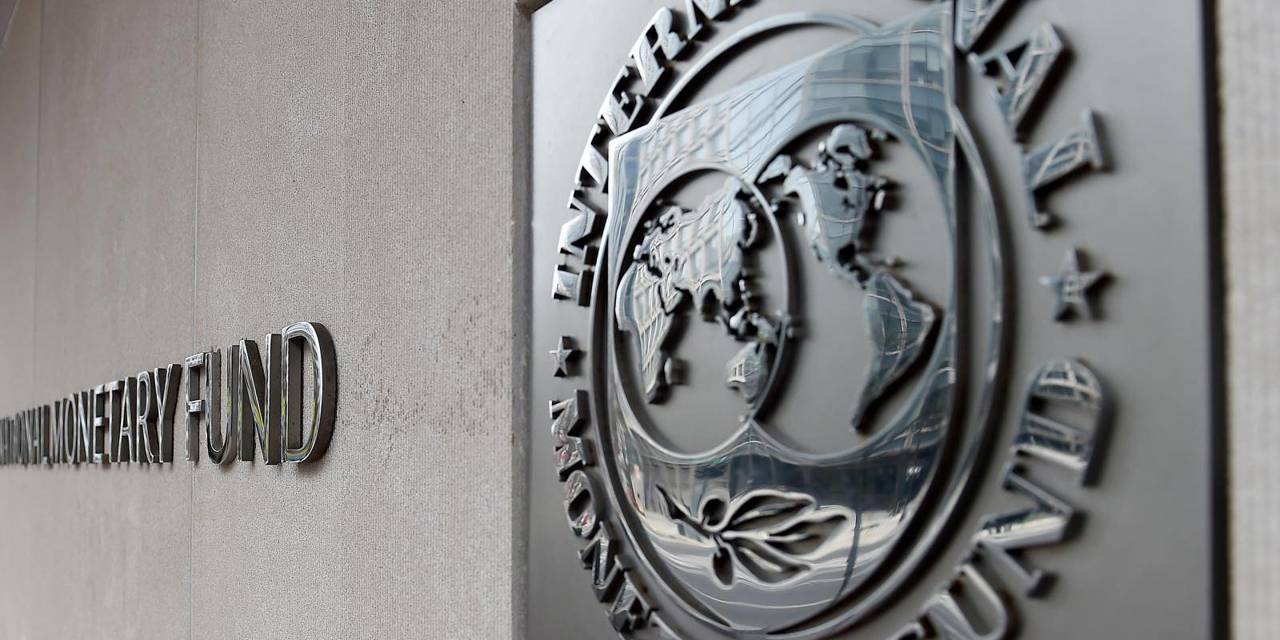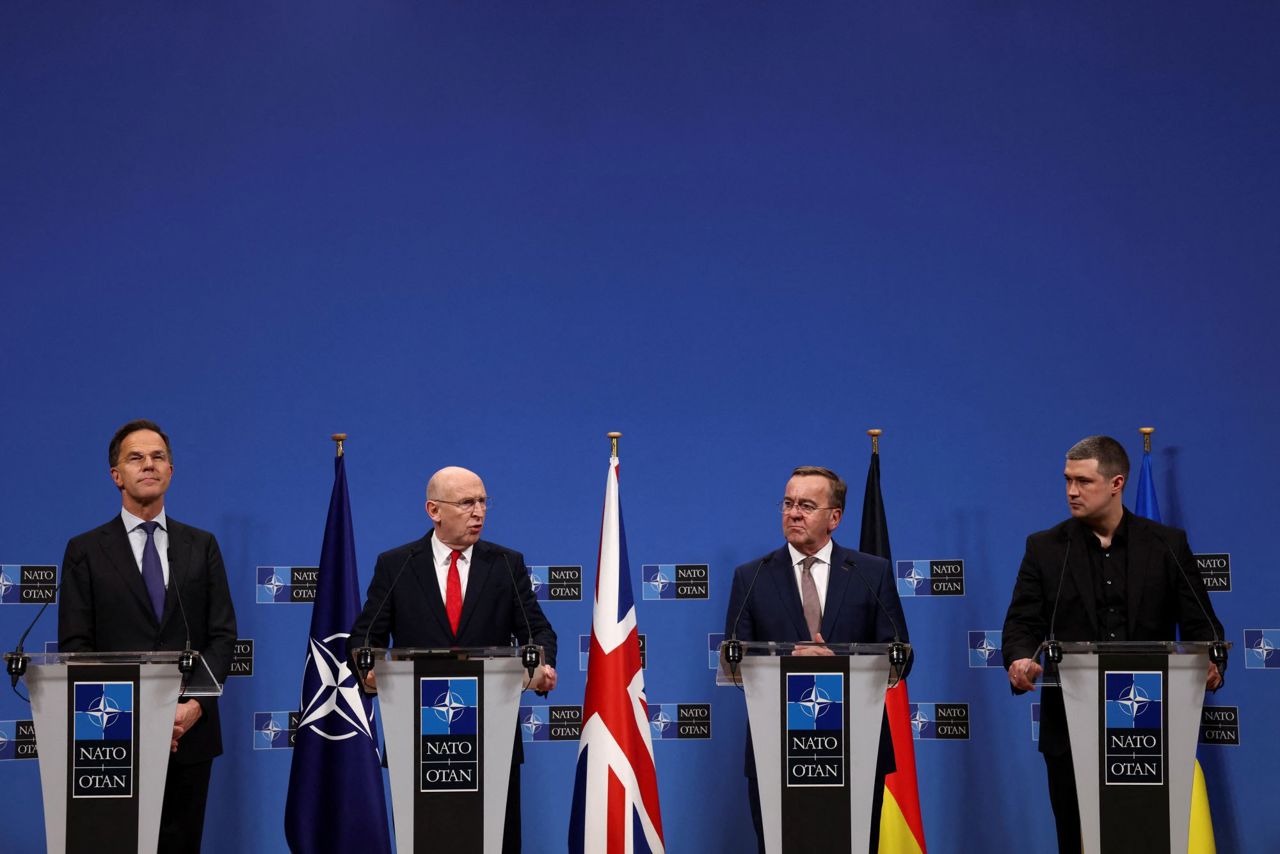IMF grants new installment for budget support and warns of inflation surge
The Republic of Moldova will benefit from a new installment of about 162.6 million US dollars from the International Monetary Fund. The decision was made on December 17 by the IMF's Executive Board. Thus, the total amount of disbursements made under current programs is about 810.2 million US dollars.

IMF experts noted that although the authorities respected the indicative targets set in the program, the course of structural reforms was uneven. To protect Moldova from the impact of shocks and improve economic growth prospects, it is essential to promote further reforms that will improve the fiscal situation and allocation of state budget resources, strengthen energy security, strengthen governance and the rule of law, and advance climate change adaptation and mitigation.
In this regard, IMF Deputy Managing Director Kenji Okamura recommended the following measures:
gradual strengthening of fiscal policy; protection of the most vulnerable segments of the population better implementation of capital investments and increased budget revenues. creating the Anti-Corruption Court and adequately staffing the Anti-Corruption Prosecutor's Office monitoring monetary policy, taking into account inflationary pressures and external risks
The risk of inflation growth is high due to possible energy shocks
IMF experts note that, although since October 2023 inflation has remained around the 5 percent target, forecasts for next year are uncertain, and the risk of the situation worsening is high, mainly due to the war in Ukraine and possible new energy shocks.
Economic growth for 2025 revised downwards
According to the IMF, the economy of the Republic of Moldova is recovering and forecasts an economic growth of 2.6 percent for the current year and 3 percent for 2025 compared to 3.7 percent, previously forecast.
Budget deficit reduction
IMF experts expect the budget deficit to narrow from 5.2 percent of GDP in 2023 to 4.4 percent in 2024 and 4.0 percent in 2025, driven by higher-than-expected revenues driven by strong wage and import growth and spending containment.





